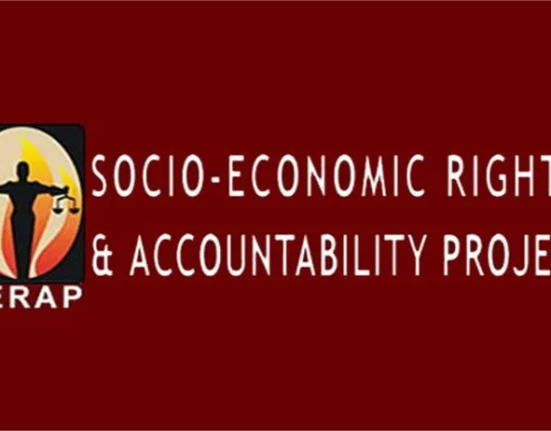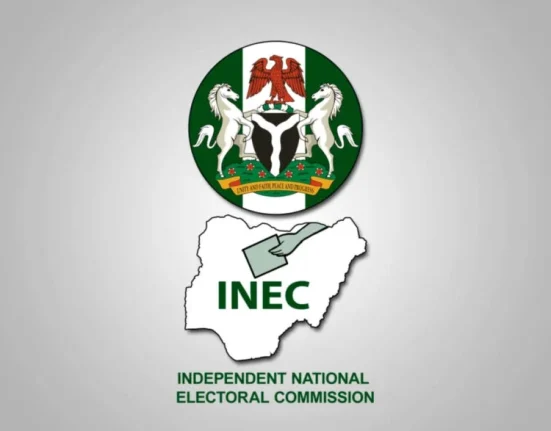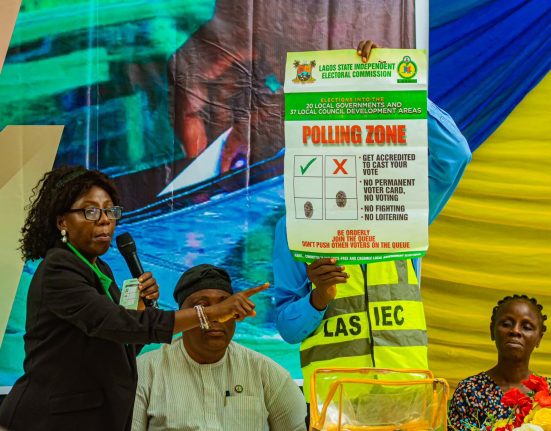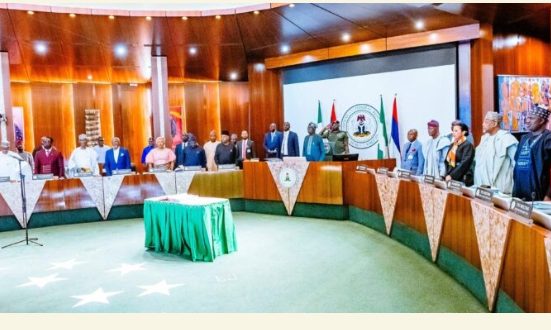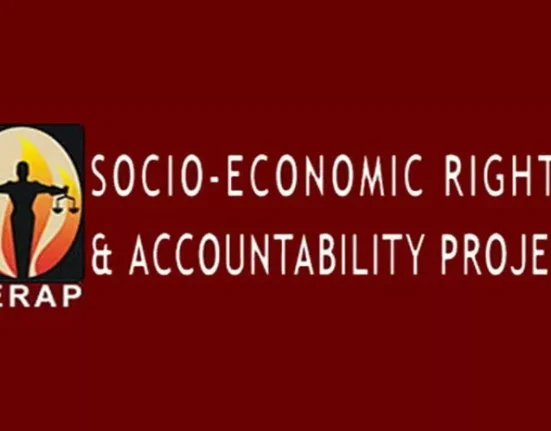The Socio-Economic Rights and Accountability Project (SERAP) has called on the Central Bank of Nigeria (CBN) to publicly disclose whether local government areas (LGAs) in the country are receiving federal allocations directly, in line with constitutional provisions aimed at promoting grassroots development and financial transparency.
In a letter dated May 10, 2025, and signed by SERAP Deputy Director, Kolawole Oluwadare, the group urged the CBN Governor, Mr. Olayemi Cardoso, to confirm the current structure of fund disbursement to LGAs and provide clarity on whether state governments are still acting as intermediaries — a practice that has long been criticized for enabling mismanagement and undermining local autonomy.
SERAP noted that the Nigerian Constitution, particularly Section 162(6) and (8), as well as the Supreme Court ruling in Attorney General of Lagos State v. Attorney General of the Federation, mandate that funds allocated to LGAs from the Federation Account must go directly to them through State Joint Local Government Accounts — but must not be withheld or diverted by state governors.
“Millions of Nigerians at the grassroots continue to suffer from poor service delivery, lack of infrastructure, and unpaid salaries because local government funds are routinely hijacked by state governments. The CBN must break the silence and disclose the facts,” the statement read.
SERAP’s request comes amid growing calls for full autonomy for local governments, which many argue are constitutionally recognized as the third tier of government but continue to operate at the mercy of state governors. There have been consistent reports of funds meant for LGAs being diverted or under-remitted, leading to a collapse in basic services such as healthcare, education, sanitation, and road maintenance.
The watchdog organization stressed that disclosure by the CBN would not only ensure greater transparency in the financial flow to the third tier of government but also empower civil society and the Nigerian people to hold both state and local officials accountable for development outcomes.
“Transparency is the first step toward accountability. The CBN, as the banker to the Federal Government and overseer of financial disbursements, must explain the exact flow of public funds to LGAs,” SERAP added.
The group further threatened legal action should the apex bank fail to respond within seven days, insisting that the public has a right to know how their resources are being distributed and used.
Neither the CBN nor the Federal Ministry of Finance had issued an official response at the time of filing this report.
This development adds to the ongoing national conversation about constitutional amendments, fiscal federalism, and the urgent need for reforming Nigeria’s governance structure to ensure that democracy delivers real impact at the grassroots.


